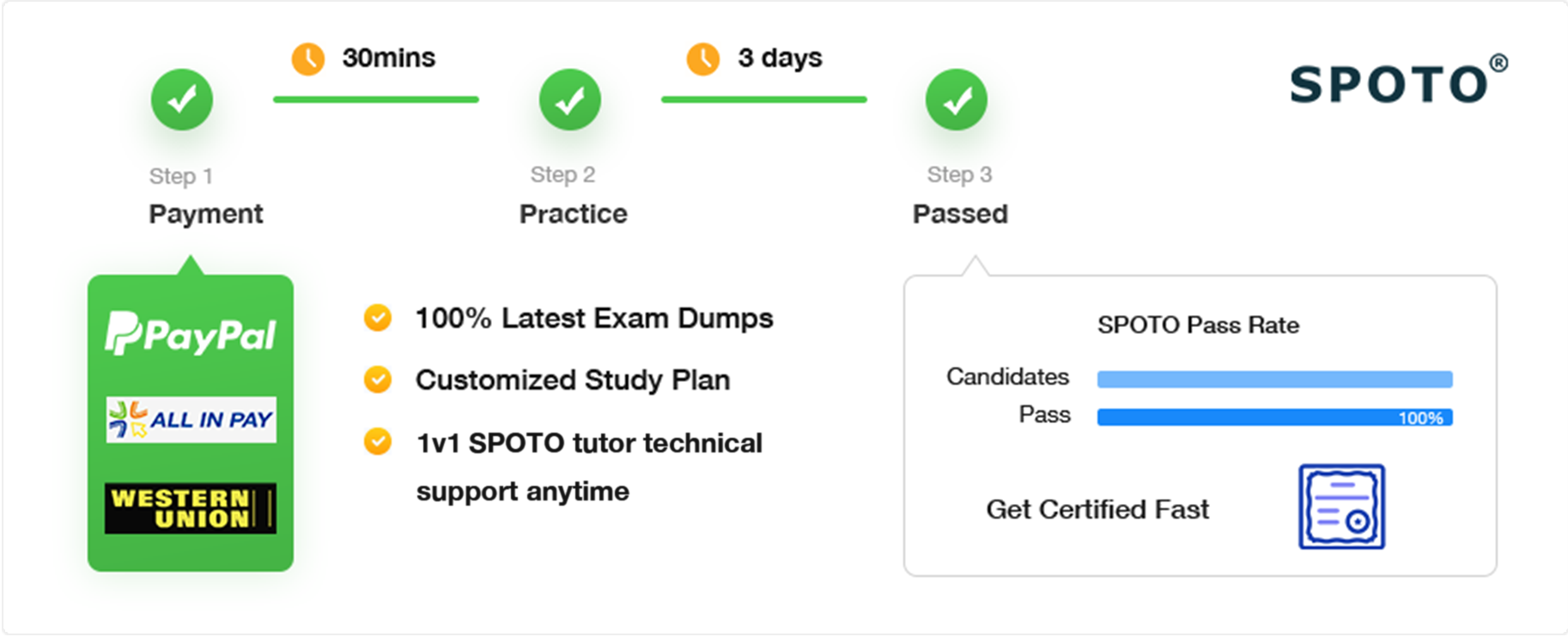1. Exam Overview: The JN0-335 exam verifies intermediate knowledge of Juniper Networks security platforms and Junos Space Security Director. Successful candidates have the skills to operate, configure, monitor, and maintain Juniper firewalls, virtual firewalls and security management software. This exam qualifies for Juniper Networks Certified Specialist Security (JNCIS-SEC) certification.
2. Exam Topics:
- Next Generation Firewall and Virtual Firewall: Describe NGFW capabilities like AppID, UserFW, IPS, etc. Implement NGFW and vSRX. Monitor with Security Director and address events.
- Threat Prevention: Deploy IPS, AppFW and UserFW policy rules. Implement UTM profiles with anti-malware, anti-spam, content filtering, etc. Update signatures and perform scanning. Monitor and remediate threats.
- Advanced Policy Configuration: Construct policy rulebases for NAT, VPN, NGFW and UTM. Use groups, global address books, schedules, etc. to build complex policies. Apply policy at multiple points in the logical topology.
- VPN Implementation: Establish IPsec VPN tunnels with route-based and policy-based VPNs. Implement IPsec and SSL VPN for remote user access. Choose optimal authentication, encryption and key exchange methods for different use cases.
- High Availability and Multitenancy: Implement chassis cluster, virtual chassis and high availability with SRX Series and vSRX. Leverage intra-SRX communication for failover. Deliver multitenant firewall solutions with security zones and routing instances.
- Logging and Reporting: Apply syslog servers to export logs. Schedule and run reports from predefined and custom report templates. Search logs and trace events occurring on the firewalls and in the Security Director management platform.
- Automation and Scripting: Use REST APIs to automate configuration, monitoring and management functions on Junos firewalls and Security Director. Construct scripts and applications to expand platform functionality.
3. Exam Format: 65 multiple choice questions (single answer and multiple answers), 105 minutes.
4. Exam Tips:
- Strong experience with NGFW like SRX Series and vSRX required. Deep understanding of AppID, UserFW, IPS, UTM and other advanced features.
- Skilled in employing Security Director to manage configuration, policies, logging, reporting and more across multiple firewalls. Familiar with REST APIs for automation.
- Proficient in designing and building complex policy rulebases for security zones, NAT, VPN, NGFW, UTM, etc. Expertise with objects, groups, schedules and applying policies at multiple points.
- Knowledgeable in IPsec/SSL VPN implementation for both site-to-site and remote access connections. Choosing appropriate authentication, encryption and other VPN parameters for different use cases.
- Focus on delivering high availability, scalability and multitenancy with chassis cluster, virtual chassis and security zones/routing instances.
- While courses and documentation aid preparation, questions will evaluate skills and experience for operating, implementing and supporting Juniper firewall and security management solutions in enterprise environments.
- JNCIS-SEC demonstrates competence as a mid-level Juniper network security professional. It signifies the ability to configure, manage, monitor and troubleshoot firewalls, IPS, app security, VPN, content security, etc.
In summary, the JN0-335 exam assesses intermediate skills and knowledge for configuring and maintaining Juniper firewalls and security platforms. JNCIS-SEC certification indicates expertise with features like AppID, UserFW, IPS, UTM, VPN, high availability as well as managing security policies, logging and reporting. It validates capability to operate and optimize enterprise security infrastructure based on SRX Series, vSRX and Junos Space Security Director. With work experience, it leads to careers as a specialized firewall and security engineer.
3 pasos para obtener la certificación

Pase su próximo examen de certificación rápido
Chat Now


Retroalimentación del estudiante
0.0
Calificación del curso
Reseñas
Agregar una revisión